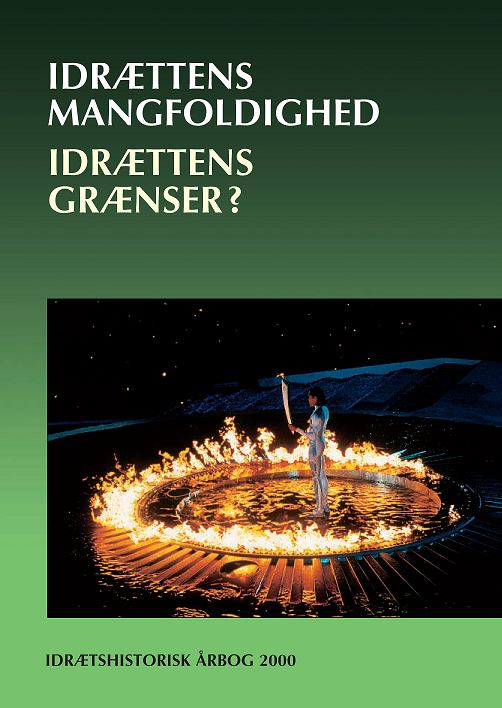Bjarne Riis - idol og syndebuk
DOI:
https://doi.org/10.7146/ffi.v16i0.31752Resumé
Bjarne Riis – idol and scapegoat
God one day, scapegoat the next. This is the shape of the story told by the press about the Danish winner of the Tour de France, Bjarne Riis. This article came into being as a result of astonishment at the way in which the press and the public have dealt with the phenomenon of drug use among professional cyclists. The subject is investigated from a cultural-analytical approach, and the article throws light on the way in which press reports along with publicity in general created a kangaroo court, and on how fanatical adulation are transformed to envy and hate. The story of the rise and fall of Bjarne Riis is compared to a genuine scapegoat ritual, and the sacrifice of the scapegoat is compared with the sacrifices of ancient societies. Both journalism and the public subscribe to an ancient game, which places itself outside our modern society, founded as it is on the rule of law.
Michel Foucault’s notion of punishment in pre-modern society is used to illustrate the subject. The scapegoat theory of the French religious philosopher, René Girard, provides a basis for a description of the rise and fall of the god of cycling, while Elias Canetti is used to put the reactions of the public into perspective. The book that inspired this article is Verner Møller’s Dopingdjævlen (Drug Devil), which, in line with the ideals of modern society regarding good sense and the need for dialogue, attempts to explain the phenomenon of drugs and sport. The French philosopher, Georges Bataille, also enters the picture here and is used to help understand the cyclist’s willingness to act as sacrifice in relation to sport.
Downloads
Publiceret
Citation/Eksport
Nummer
Sektion
Licens
Forfattere, der publicerer deres værker via dette tidsskrift, accepterer følgende vilkår:
- Forfattere bevarer deres ophavsret og giver tidsskriftet ret til første publicering, samtidigt med at værket er omfattet af en Creative Commons Attribution-licens, der giver andre ret til at dele værket med en anerkendelse af værkets forfatter og første publicering i nærværende tidsskrift.
- Forfattere kan indgå flere separate kontraktlige aftaler om ikke-eksklusiv distribution af tidsskriftets publicerede version af værket (f.eks. sende det til et institutionslager eller udgive det i en bog), med en anerkendelse af værkets første publicering i nærværende tidsskrift.
- Forfattere har ret til og opfordres til at publicere deres værker online (f.eks. i institutionslagre eller på deres websted) forud for og under manuskriptprocessen, da dette kan føre til produktive udvekslinger, samt tidligere og større citater fra publicerede værker (se The Effect of Open Access).





